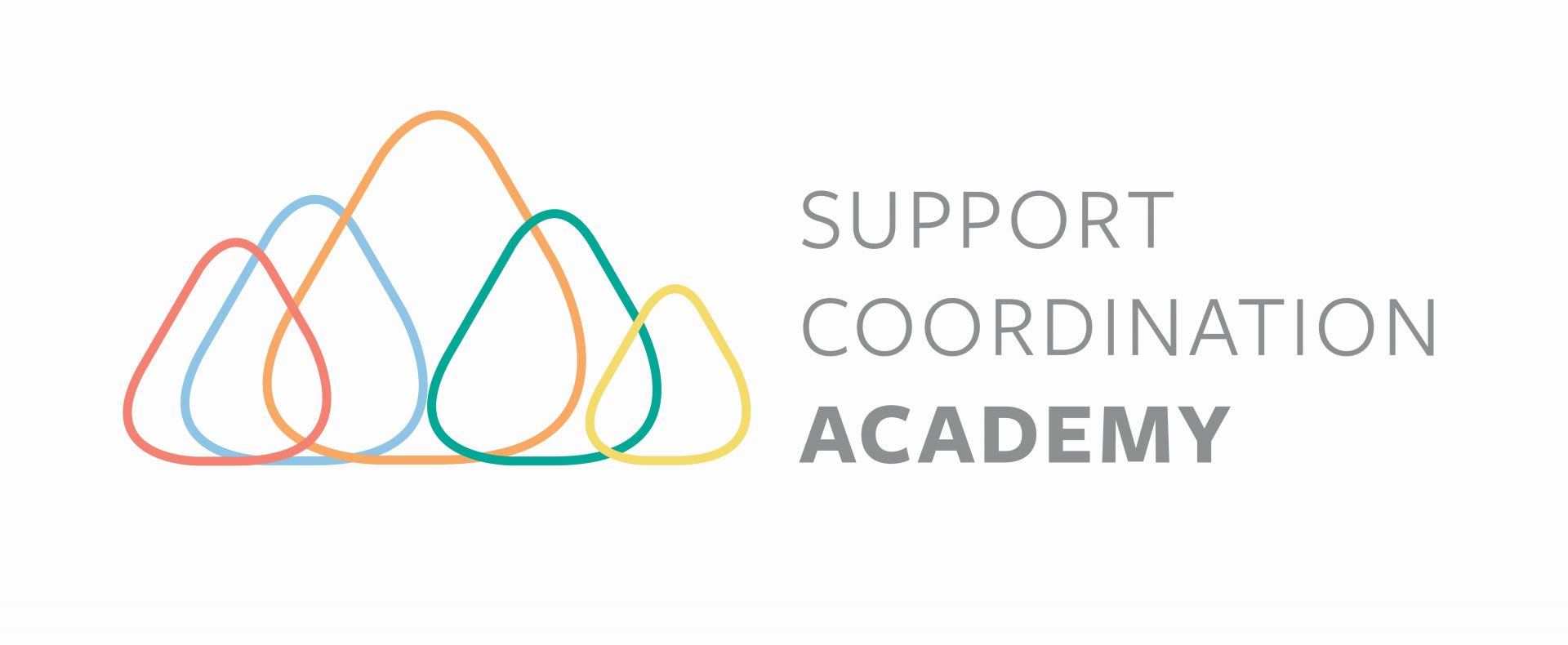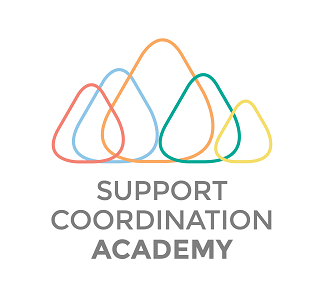Transform Your Career with Our Support Coordination Courses
The National Disability Insurance Scheme
(NDIS) has brought hope and opportunity to people living with a disability in
Australia. As a NDIS-registered Support Coordinator, you are empowered to support
individuals and families to navigate the NDIS system and ensure they receive
the best possible support available.
If you are looking for a rewarding career
this year, becoming a NDIS Support Coordinator is a great choice. You will be
part of a vibrant and growing community, and will help people with a disability
to live their best life.
What more could you want?
Becoming a NDIS Support Coordinator is increasing in popularity as the NDIS grows.
Now is the perfect time to become a NDIS
Support Coordinator. One of the key benefits of becoming a registered NDIS
Support Coordinator is the job security. The demand for skilled Support Coordinators
has been steadily increasing as more people become eligible for the scheme each
year and more providers enter the market.
Transform Your Career with Our NDIS Support Coordination Courses
The responsibilities of a Support
Coordinator are extensive and demand continuous learning.
Our NDIS support coordination training online is designed to
equip you with the up-to-date skills to excel in your role. With 30 years of
experience, our facilitator, Shaughn O'Donoghue, ensures that you learn
everything from creating individualised plans to understanding the NDIS review
and reassessment processes.
We even guide you through the complexities
of claimable activities within your role. Our best practice focused training ensures you not only
understand the theory but can also apply it in real-world scenarios.
If you're starting your journey in support coordination or wish to elevate your existing service, we offer various course bundles tailored to meet different learning needs.
The role of a NDIS Support Coordinator is incredibly varied; no two days on the job are ever quite alike.
On any given day you may find yourself
discussing a client’s goals with service providers or providing advice on how
to best utilise a participant’s funding. You could be researching resources or
attending meetings with stakeholders from other organisations.
In these ways and more, you can truly
tailor your workday according to your own skillset and interests while still
having a meaningful impact on the lives of your clients.
If you are looking to become a qualified NDIS Support Coordinator, one of the first steps is to make sure you understand what support coordinators do and why they are important for people with disabilities.
Support Coordinators provide person-centred
supports for people with disability who require assistance due to a range of barriers
that impact on their ability to manage and implement their NDIS plan. The Support Coordinator role is focused on supporting
people to create goals that will enable them to achieve outcomes related to
their individual needs and aspirations.
It is essential for Support Coordinators to work collaboratively with team members and providers within the community in order for these goals to be achieved.
It is also important for potential Support Coordinators to have an understanding of the NDIS system and processes, their purpose and function, so you can support participants to understand how the NDIS works and to build their capacity and ability to achieve their goals.
What to Expect in Your Role as a Support Coordinator
If you choose to become a NDIS Support
Coordinator, you will:
- Gain rewarding experience in supporting people with disabilities and their families
- Develop an understanding of the NDIS ecosystem and provide effective coordination for clients
- Enjoy job security as the NDIS continues to expand across Australia
- Earn competitive pay that reflects your qualifications, skills, and expertise
- Have access to a range of workplace settings such as office-based, remote, or community-based roles
- Become familiar with the National Disability Insurance Scheme (NDIS). Take the time to go through website and learn about the aim of the scheme, how the NDIS works and their processes, as well, its rules and operational guidelines.
- Since you will be interacting with people who have diverse needs and varying levels of understanding, it’s important to be able to communicate effectively with different kinds of people, so think about how you can develop your communication skills.
- Research the relevant policies and laws related to disability support services within your State or Territory. Make sure you understand how supports may need to be tailored according to each person’s individual needs and legal requirements.
- Review your own experience and skills, and think about the area of disability you would like to work in. This will help you to research different Support Coordination providers and review the services they provide. Is this an organisation you would like to work in?
- Build relationships with key stakeholders such as service providers and other Support Coordinators who work in the disability field – network, network, network!! This should help develop core knowledge around the responsibilities associated with being a Support Coordinator and provide you with insight into best practices for success within this role.
- Think about higher-level qualifications such as an Advanced Diploma or Diploma of Community Services (Disability).
- Gain relevant work experience within the disability support services sector such as volunteering or as a Support Worker.
- Research current vacancies available via online job boards applicable for your area.
The NDIS community is made up of passionate
and dedicated individuals who are all working towards a common goal – supporting
people with a disability to live the life they choose. As a Support
Coordinator, you have the ability to make a real difference in people’s lives
by supporting them to access the services they need.
Explore our wide selection of online Support Coordination tools and resources and contact us at info@scacademy.com.au if you have any questions about becoming a Support Coordinator.


